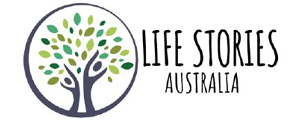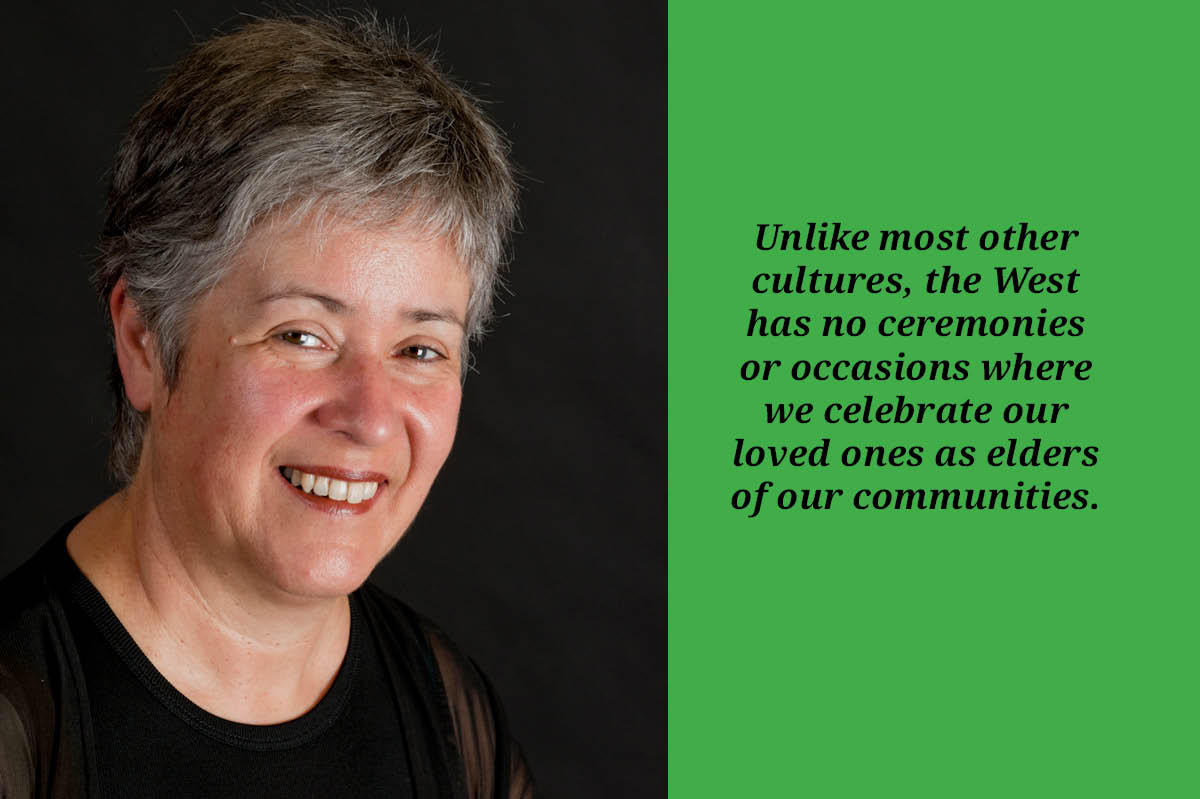My grandmother was a good storyteller. She had a fund of tales about her pioneer ancestors, what her mother had told her. I loved sitting at her feet while she told me tales of our family. I discovered that I came from a long line of feisty Scottish women. That gave me an identity that stood me in good stead through my teenage years.
I also realised that when my adopted cousins and friends were searching for their biological parents, it was also for a sense of identity. Who did they really belong to? What was their story?
My mother startled me when she was her seventies. She asked me if she had done a good job bringing us up. Perhaps she could have done better … After reassuring her, I thought about this. Unlike most other cultures, the West has no ceremonies or occasions where we celebrate our loved ones as elders of our communities. How sad that they would spend their declining years wondering if they were valuable, if they had left a legacy, if their lives had been worthwhile.
Susan Pierotti, author of Manuscript to Market.
When I began to record life stories for our elders, they would always begin with, ‘Well, my story really isn’t so interesting.’ Not true! I believe that everyone has an interesting story; it’s just that not everyone is interested in telling it. When I interview elderly loved ones about their past, their faces light up because they are not only pleased that they can actually remember so much but because they know what they have to say will be relished by their children and grandchildren. It will form a stronger bond between them and leave a legacy. I’ve seen them become energised and joyous.
This is why I love telling people’s stories. It gives them a sense of identity in the telling and it shows them that their lives have meaning.
Susan Pierotti
Creative Text Solutions founder
Life Stories Australia board member



Follow Us